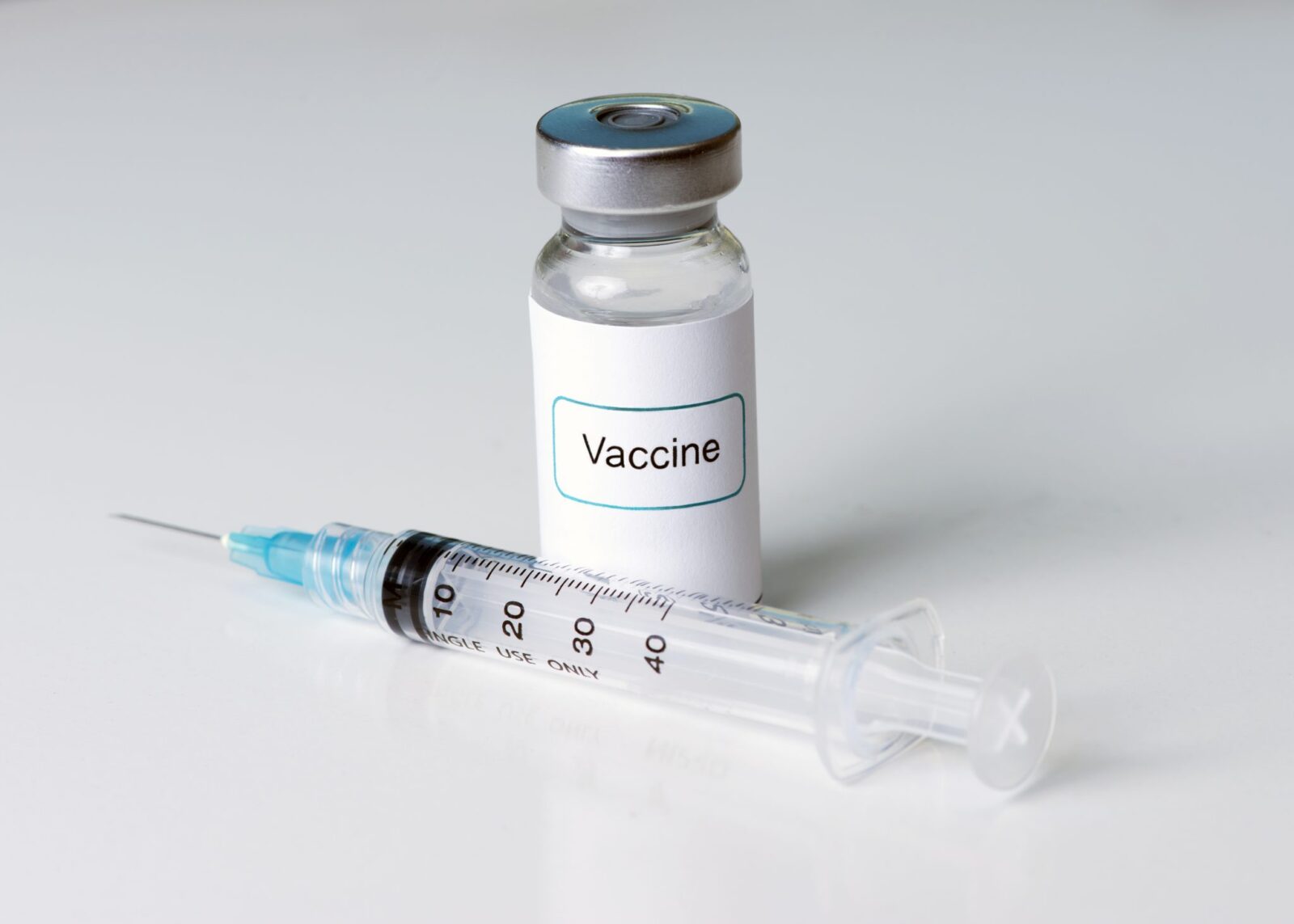August is National Immunization Awareness Month, a time to remind everyone they need vaccines throughout their lives.
Taking them to their annual physical, making sure they eat healthy and get plenty of sleep…you know these are crucial to your child’s health. But did you also know your preteens and teens need vaccines to stay healthy and protected against serious diseases?
As they get older, preteens and teens are at increased risk for some infections. Plus, the protection provided by some of the childhood vaccines begins to wear off, so preteens need an additional dose (booster) to extend protection. You may have heard about whooping cough (pertussis) outbreaks recently. Vaccine-preventable diseases are still around and causing serious illnesses. The vaccines for preteens and teens can help protect your kids, as well as their friends, community, and other family members.
There are four vaccines recommended for all preteens at ages 11 to 12:
–Meningococcal vaccine, which protects against the bacteria that cause meningococcal disease. Meningococcal disease is an uncommon but serious disease that can cause infections of the lining of the brain and spinal cord (meningitis) and blood (septicemia). There are two types of meningococcal vaccines. The first is the quadrivalent meningococcal conjugate vaccine (4 Strains serogroups A, C, W, and Y) which is recommended for all teens at 11 or 12 years old. Since protection decreases over time, a booster dose of Men ACWY is recommended at age 16 so teens continue to have protection during the ages when they are at highest risk for getting meningococcal disease. Meningococcal B vaccine (serogroup B) is the second meningococcal vaccine recommended to start at age 16. There is not a meningococcal vaccine that offers protection against all serogroups in one shot. However, both meningococcal vaccines can be given during the same visit at age 16, preferably in different arms.
– HPV vaccine, which protects against the types of HPV that most commonly cause cancer. HPV can cause future cancers of the cervix, vulva, and vagina in women and cancers of the penis in men. In both women and men, HPV also causes cancers in the back of the throat (including base of the tongue and tonsils), anal cancer and genital warts.
– Tdap vaccine, which protects against tetanus, diphtheria and whooping cough. Tetanus and diphtheria are uncommon now because vaccines have worked so well, but they can be very serious. Whooping cough is common and on the rise in the U.S. It can keep kids out of school and activities for weeks, but it is most dangerous, and sometimes even deadly, for babies who can catch it from family members, including older siblings.
– Influenza (flu) vaccine. Because even healthy kids can get flu and it can be serious, all kids, including your preteens and teens, should get a flu vaccine every year. Parents should also get vaccinated to protect themselves and to help protect their children from flu.
Teens and young adults (16-23 year olds) may also receive a serogroup B meningococcal vaccine, preferably at 16 through 18 years old. You can use any healthcare visit, including annual, sports or camp physicals, checkups or some sick visits, to get the shots your kids need. Talk with your child’s health care professional to find out which vaccines your preteens and teens need. Vaccines are a crucial step in keeping your kids healthy.
Want to learn more about the vaccines for preteens and teens? Check out https://www.cdc.gov/vaccines/parents/diseases/index.html or call 1-800-CDC-INFO.




